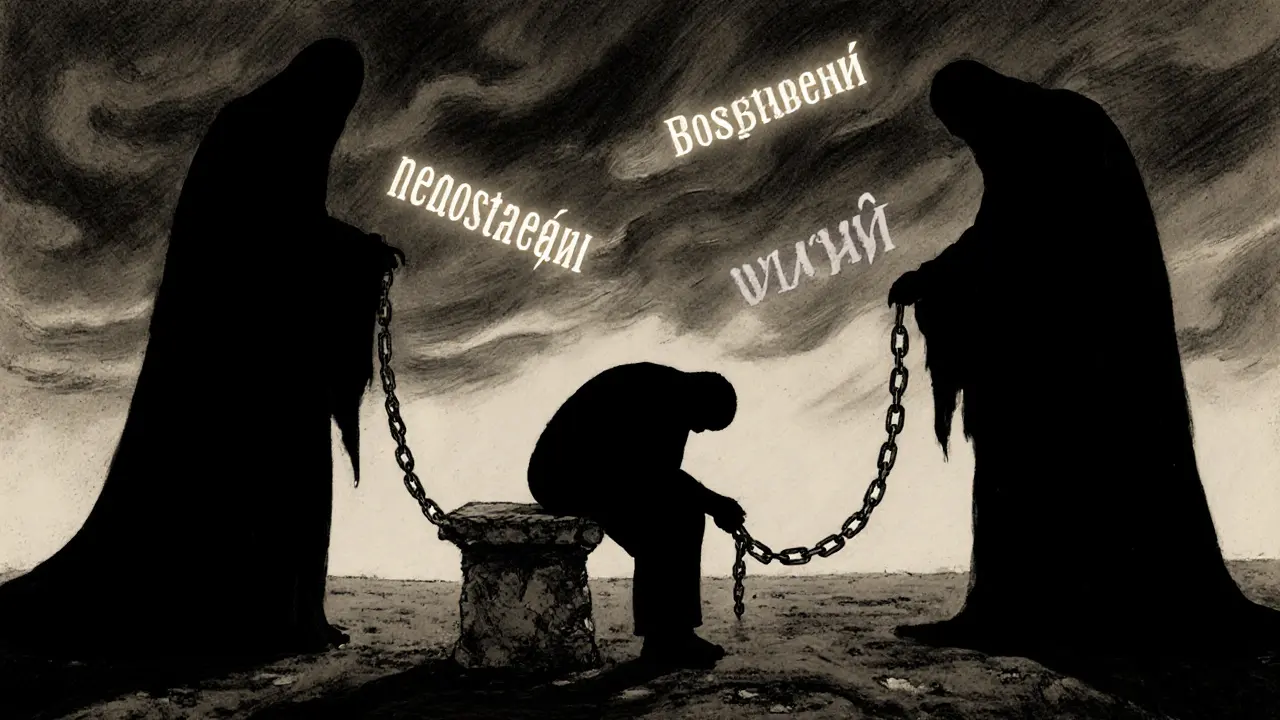Jak vybrat psychoterapeuta pro PAS? Specializace na přehnanou autokritiku a sebepodceňování je klíčová. Zjisti, co hledat ve výběru terapeuta, jaký přístup funguje a proč komunikace je důležitější než teorie.
Výběr psychoterapeuta: Jak najít toho pravého pro tebe
When you're looking for help with anxiety, trauma, or relationship problems, the most important decision isn't which method to choose—it's výběr psychoterapeuta, osoba, která ti bude v terapii věnovat čas, pozornost a odbornost, nejen techniku. Also known as hledání vhodného terapeuta, it's the foundation of any real change. Many people think all therapists are the same, but that’s not true. One might be great with panic attacks, another with childhood trauma, and a third with relationship patterns. The right fit matters more than the label on the door.
Start by asking yourself: What do you actually need? If you’re struggling with úzkost, pocit nekontrolovatelného strachu, těžké dýchání, přehnané přemýšlení. Also known as úzkostná porucha, it often responds best to kognitivně-behaviorální terapie, metoda, která učí rozpoznávat myšlenkové pasti a postupně se vystavovat strachu. Also known as KBT, it’s one of the most researched approaches in the Czech Republic. If you’re dealing with self-harm or borderline traits, DBT terapeut, specialista na dialektickou behaviorální terapii, který umí pracovat s extrémními emocemi a impulzivitou. Also known as terapeut pro BPD, it’s not just therapy—it’s a skill-building program. Don’t just pick someone because they’re recommended. Check if they actually have training in the method that fits your issue.
Look at their experience. Not how long they’ve been practicing, but what they’ve actually worked with. Did they help others with PTSD? With selective mutism in children? With burnout in high-pressure jobs? The posts below show real examples—like how a therapist trained in Gestalt helps someone reconnect with their body after trauma, or how a specialist in imagery rehearsal tackles recurring nightmares. These aren’t abstract theories. They’re tools used daily in Blansko and beyond.
Don’t ignore the gut feeling. The first session isn’t about fixing you—it’s about testing the connection. Does the therapist listen? Do they make you feel safe, not judged? Do they explain things clearly, or just use jargon? You’re not hiring a mechanic. You’re partnering with someone who walks beside you through hard places. If you leave the first meeting feeling more confused or small, that’s a sign—not a feature.
Online or in-person? It doesn’t matter as much as you think. What matters is consistency. A good therapist will help you build a plan, not just talk. They’ll give you something to try between sessions—whether it’s breathing exercises, journaling prompts, or small steps to face fears. The best therapists don’t just offer comfort. They offer direction.
Below you’ll find real guides from therapists who’ve walked this path with clients. From how to ask for a referral when you’re not clicking with your current therapist, to what technical setup you need for online sessions, to how to spot a certified specialist for OCD or PTSD. These aren’t theory papers. They’re practical checklists, first-hand tips, and clear comparisons—written by people who’ve seen what works and what doesn’t in Czech clinics and homes.
